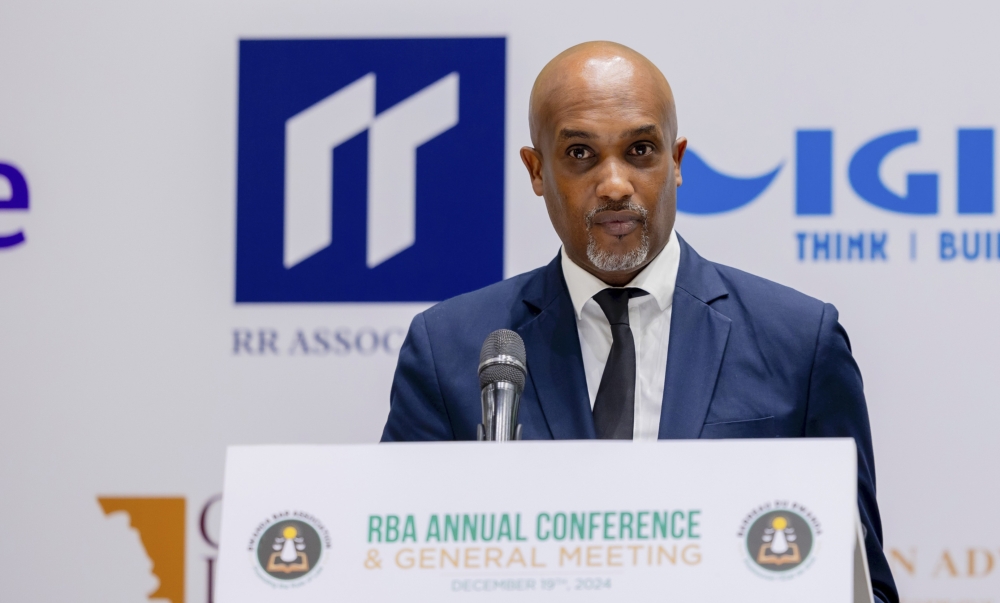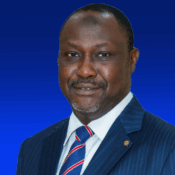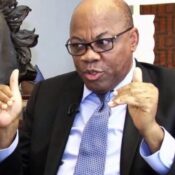
DR Congo is criticized by Ugirashebuja for politicizing the African Rights Court
Emmanuel Ugirashebuja, Rwanda’s Attorney General and Minister of Justice, has criticized the Democratic Republic of the Congo’s government for bringing a politically motivated complaint before the African Court on Human and Peoples’ Rights (AfCHPR).
Rwanda is accused in the DR Congo case of violating both continental and international charters, such as the International Covenant on Civil and Political Rights, the African Charter on Human and Peoples’ Rights, and the African Charter on the Rights and Welfare of the Child.
The violent war in eastern Democratic Republic of the Congo since 2021 is the subject of the claimed transgressions.
According to the Congolese government, which accuses Rwanda of supporting the AFC/M23 insurrection, the violence has resulted in widespread displacement, cholera outbreaks, looting, infrastructure destruction, massacres, and occupation of many districts.
After Rwanda gave its oral arguments during the procedural hearing, Ugirashebuja told the national broadcaster on Wednesday, February 12, that the case is an inappropriate attempt to politicize legal proceedings and impede ongoing diplomatic efforts concerning the situation in eastern Democratic Republic of the Congo.
Since Congo claims that Rwanda committed an act of aggression, we contend that this issue is political in nature and outside the purview of redressing human rights violations. He pointed out that these are typically not human rights disputes but rather matters of international peace and security.
Therefore, we do think that the court plays a significant role, but the applicant, the Democratic Republic of the Congo, is attempting to bring the court into a political sphere on issues that are not within its purview.
The case’s political nature was further argued by Ugirashebuja, who pointed out that it was filed shortly before the Democratic Republic of the Congo’s presidential elections were held last year and that the country’s leaders had declared their intention to wage war against Rwanda in all conceivable arenas, including the legal system.
He pointed out that determining the court’s competence to handle the matter is the first step in the process, followed by the admissibility question.
“We do think we have a compelling enough case. “And if you followed the case, we really relied on very strong legal arguments that have been established over the years, as well as the jurisprudence of this court and similar international courts,” he said.
The Luanda and Nairobi peace processes must be used to peacefully end the war in eastern Democratic Republic of the Congo, according to a resolution made at the joint East African Community and Southern African Development Community leaders’ conference in Dar es Salaam, Tanzania, on February 8.
The leaders’ appeal for the execution of a previously approved harmonized strategy for the neutralization of the FDLR, a terrorist group located in the Democratic Republic of the Congo and established by the surviving masterminds of the 1994 Rwandan Genocide against the Tutsi, is another crucial component. The current conflict in the region is a result of the genocidal militia’s existential threat to Rwanda, the entire region, and particularly the Congolese Tutsi villages it has been persecuting in eastern Democratic Republic of the Congo.
A strategy to disarm the FDLR was completed by mid-September of last year and was awaiting final clearance from the foreign ministries of Rwanda, the Democratic Republic of the Congo, and Angola. However, Congolese foreign minister Therese Kayikwamba Wagner shocked her colleagues and the intelligence officials from the three nations who had created the plan by making a last-minute U-turn during a ministerial meeting on September 14 in the Angolan capital Luanda. The head of Congolese military intelligence had approved the final harmonized plan, but she refused to sign it.
However, the implementation of the coordinated plan for the neutralization of FDLR and the relaxation of Rwanda’s military measures were demanded during the joint EAC-SADC summit. The Rwandan government declared earlier this week that it would continue to bolster its defenses along the DR Congo border as long as the Congolese army and its supporters, including the FDLR, continue to pose a security concern.
In 2021, the Congolese government army coalition—which includes the FDLR, more than 10,000 Burundian troops, 1,600,000 Congolese militia components known as Wazalendo, and South Africa-led SADC forces—began an increasingly intense conflict with the M23 rebels.
Founded in December 2023, the Alliance Fleuve Congo (AFC) is a bigger rebel coalition that includes M23, a rebel movement that is fighting for the rights of a persecuted Congolese group in the country’s North Kivu Province. The AFC is pushing for governance that protects all Congolese citizens, upholds fundamental human rights, and tackles the underlying causes of conflict. Among other evils that are pervasive in the Democratic Republic of the Congo, its leaders have pledged to eradicate corruption, nepotism, tribalism, and the ideology of genocide.
The capital of the North Kivu Province in eastern Democratic Republic of Congo, Goma, was taken by the AFC/M23 rebels on January 27. They swiftly established new administrative institutions and carried out preparations to guarantee that internally displaced persons returned to their safe havens in the city and the province.
The rebels declared that there was “a need and urgency to organize the territorial administration in the Democratic Republic of Congo” when they named new leaders for North Kivu Province on February 5.
All Categories
Recent Posts
Tags
+13162306000
zoneyetu@yahoo.com



